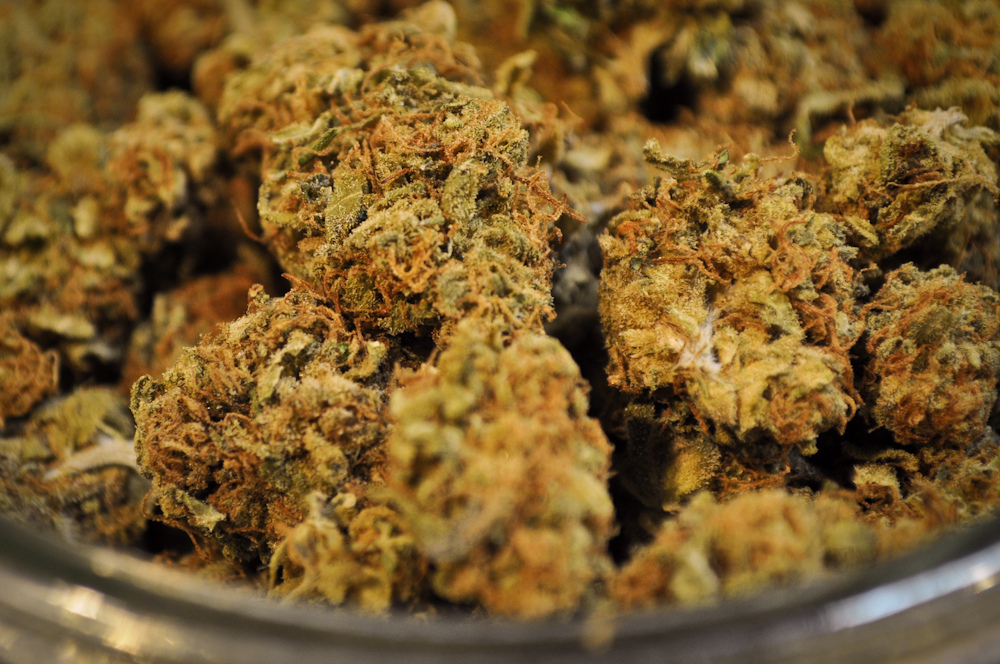The Department of Justice announced a long-awaited update to their Marijuana Enforcement Policy at the end of last month, stating that the DOJ would no longer interfere with legal and medicinal marijuana operations in states where marijuana is legal.
However, the DOJ did not rule out future enforcement efforts. They left interpretation of the new memo to federal prosecutors and also left the door open for renewed federal enforcement if state laws don’t include “robust controls” over marijuana sales and distribution.
The DOJ also made it clear that marijuana was still considered a dangerous drug and that it would continue to enforce federal law in situations where the following “harms” are not adequately addressed (defined by the DOJ) by state law and law enforcement:
-distribution of marijuana to minors
-prevention of marijuana revenue going to criminal organizations
-trafficking between states where marijuana is legal and states where it is not
-the use of firearms during the cultivation and distribution of marijuana
-drivers under the influence of marijuana
-the growing of marijuana on federal lands and possession of marijuana on federal property
The memo which is dated August 29th states, “If state enforcement efforts are not sufficiently robust to protect against the harms set forth above, the federal government may seek to challenge the regulatory structure itself in addition to continuing to bring individual enforcement actions, including criminal prosecutions, focused on those harms.”
So, basically, the DOJ is going to take a ‘wait and see’ stance on their enforcement and make further determinations once state laws are in place and being tested.
The DOJ memo also included verbiage that seems to be targeted at the medicinal marijuana community in California. In 2011, the DOJ issued guidance under the Controlled Substances Act that it would not allow large and/or commercial dispensaries and a crackdown, most notably in California, followed. According to the memo, “…prosecutors should not consider the size or commercial nature of a marijuana operation alone as a proxy for assessing whether marijuana trafficking implicates the Department’s enforcement priorities.” It continues, “Rather, prosecutors should continue to review marijuana cases on a case-by-case basis and weigh all available information and evidence, including, but not limited to, whether the operation is demonstrably in compliance with a strong and effective state regulatory system.”
This verbiage suggests that prosecutors’ main concern should be the harms listed in the document, but still leaves the door open for wide interpretation on the part of federal prosecutors. As usual, only time will tell when it comes to federal action on the issue. However, there is one thing that the memo makes clear: 2014 will be an eventful year when it comes to federal and state marijuana enforcement efforts.
Sources:
http://www.cnn.com/2013/08/29/politics/holder-marijuana-laws/index.html
http://www.latimes.com/nation/la-na-justice-marijuana-20130830,0,4392089.story
http://www.justice.gov/opa/pr/2013/August/13-opa-974.html
http://www.justice.gov/iso/opa/resources/3052013829132756857467.pdf
Photo Credit: Dank Depot
Get daily cannabis business news updates. Subscribe
End
